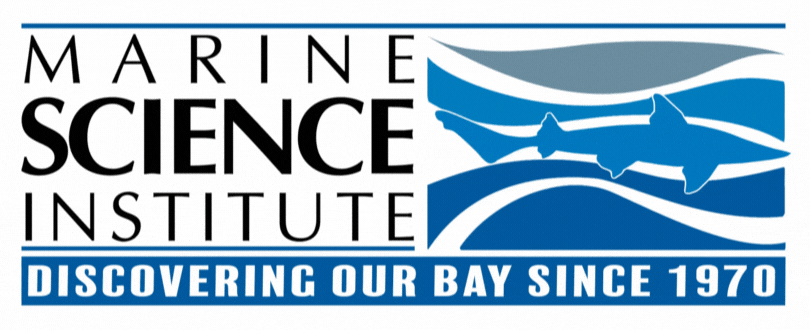Marine Science in the News: Surgical glue inspired by a marine animal
- Mar 20, 2017
- 2 min read
Bioengineers at UC Berkeley took a close look at a local marine species to create a new glue for medical procedures inside the body. Their animal influence? Mussels (Mytilus edulis)!
How is this beneficial?
Using the mussels’ underwater attachment abilities as inspiration, the team of scientists developed a glue that will stick and stay stuck completely underwater. The adhesive will be particularly useful for closing incisions during fetal surgery, in which doctors operate through a pregnant woman’s uterus to repair anatomical defects before birth. Despite the advancements in this procedure over the last 35 years, a major threat remains: the incision can split after the procedure, springing a leak of amniotic fluid which can trigger premature birth.
Why mussels?
Mussels are abundant in high surf zones, forming massive mussel beds in areas with strong wave action and water flow. Despite the strong surf they remain attached to rock surfaces and to each other. Mussels form attachments via byssal threads, small protein-packed ropes that extend from the animal’s muscular foot. These byssal threads act as a kind of super glue, anchoring the mussel even in rough surf.
Video courtesy of Roxanne Makasdjian and Stephen McNally, UC Berkeley
What’s next?
Prior to its use in fetal surgery, the glue and procedure must be approved by the FDA. The UC Berkeley lab that developed this glue is working to increase the strength of the glue as well as its strength when attached to a wet surface. Fortunately, they have all the chemical components and inspiration necessary to examine what nature has already perfected. Please follow the link below to read more about this fascinating development: "Fetal surgery stands to advance from new glues inspired by mussels" , by Jeffrey Norris.
Check out the Philip Messersmith research group website to learn about the bioengineers who developed this adhesive.







Comments